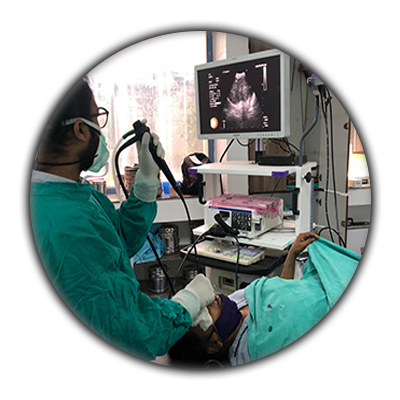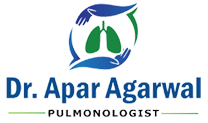
EBUS+TBNA (दूरबीन द्वारा फेफड़ों का अल्ट्रासाउंड)
Endobronchial ultrasound-guided transbronchial needle aspiration (EBUS TBNA) is a technique that makes use of a special sort of telescope to look within the airways. It also uses ultrasound to permit docs to take samples of tissue simply out of doors the lungs. Endobronchial manner from internal or inside the bronchus. The bronchi (the plural of bronchus) are huge tube-like airways. They take air from the windpipe (trachea) to the smaller airlines, referred to as the bronchioles.
What to Expect
Your physician might obtain bloodwork prior to your procedure, and the evening before, you will be asked to not eat or drink after midnight, depending on when the procedure is scheduled. On the day of your procedure, you will receive an IV to administer medications that will keep you comfortable throughout the procedure. Sometimes anesthesia will be used to put you completely asleep. Once you are comfortable or asleep, your doctor will insert the camera through your mouth to begin the EBUS bronchoscopy.
Using the camera and the ultrasound, your doctor will examine and collect samples from your lung, which are usually taken with a small needle. You may experience a mild cough and a sore throat, but both will usually go away a day later.
EBUS bronchoscopy is an outpatient procedure, and you will generally be allowed to go home after a brief observation period. You will be asked to have someone drive you home from the procedure.
Using the camera and the ultrasound, your doctor will examine and collect samples from your lung, which are usually taken with a small needle. You may experience a mild cough and a sore throat, but both will usually go away a day later.
EBUS bronchoscopy is an outpatient procedure, and you will generally be allowed to go home after a brief observation period. You will be asked to have someone drive you home from the procedure.
Understanding the Results
The samples your doctor collected will be sent to be examined for evidence of infection, inflammation or cancer, depending on why you are having the procedure. This generally takes three to five days, at which point, your physician will call you or have you come into the office to discuss the results and the next steps in your care.
What Are the Risks?
EBUS bronchoscopy is extremely safe but, as with any medical procedure, there is a small risk of complications, which may include bleeding from the biopsy, infection after the procedure, low oxygen levels during or after the procedure and a very small risk of collapse of the lung. All of these complications are treatable but may require you to be briefly admitted to the hospital instead of going home the same day as your procedure. Remember to tell your doctor if you have had trouble with anesthesia or sedation medications in the past.
